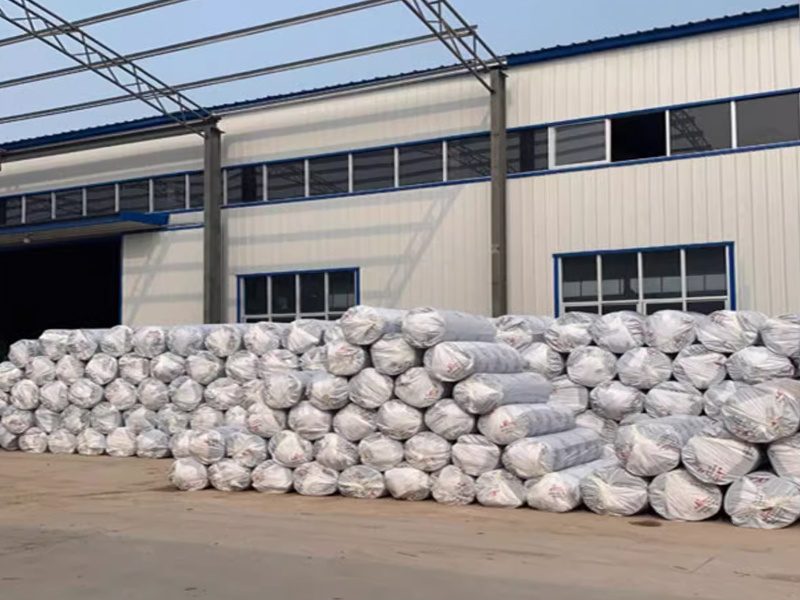The Versatile World of Glass Wool: Applications and Benefits
Jun 15,2025
A Warm Welcome to Glass Wool
Have you ever wondered how homes stay cozy in winter and cool in summer? Well, a lot of it comes down to a little-known superstar called Glass Wool. This insulation material is not only lightweight and effective, but it also plays a crucial role in energy efficiency. Let's dive into the versatile applications of glass wool and discover why it’s a favorite among builders, architects, and eco-conscious homeowners.
What Exactly is Glass Wool?
So, what is this magical material? Glass wool, often referred to as fibreglass insulation, is made from recycled glass fibers. It’s created by melting glass and spinning it into fine filaments, then binding these fibers together. The result? A fluffy, lightweight substance that’s perfect for insulating a variety of spaces. Talk about recycling at its finest!
Why Use Glass Wool?
Okay, let’s cut to the chase. Why should you consider using glass wool? Here are a few reasons that might just knock your socks off:
- Energy Efficiency: Glass wool provides excellent thermal insulation, keeping your home warm in winter and cool in summer. This translates to lower energy bills. Who doesn’t love saving a few bucks?
- Soundproofing: It’s not just about keeping temperatures regulated. Glass wool also helps dampen sound, making it ideal for homes located in noisy neighborhoods.
- Fire Resistant: Safety first! Glass wool is non-combustible, meaning it won’t catch fire easily, adding an extra layer of protection for your home.
- Environmentally Friendly: Made from recycled materials, glass wool is a sustainable choice that contributes to a greener planet.
Applications of Glass Wool
Now that we’ve established why glass wool is a fantastic choice, let’s explore where it’s commonly used:
1. Residential Insulation
One of the most prevalent applications of glass wool is in residential insulation. From attics to walls, it effectively keeps the temperature stable, allowing homeowners to enjoy a comfortable living environment.
2. Commercial Buildings
Big businesses love glass wool too! It’s used in commercial construction for its soundproofing capabilities and energy efficiency, making office spaces more pleasant and productive.
3. HVAC Systems
Ever heard of duct insulation? Yep, that’s right! Glass wool is often utilized to insulate heating, ventilation, and air conditioning systems, ensuring that warm or cool air flows efficiently throughout buildings.
4. Acoustic Panels
For those who cherish peace and quiet, glass wool is frequently used in acoustic panels to reduce noise levels in studios and auditoriums. It’s a musician’s best friend!
5. Industrial Applications
In the industrial sector, glass wool is used for insulating pipes and equipment, helping maintain temperature control and energy efficiency in factories.
Installation Tips for Your DIY Enthusiasts
If you're planning a DIY project using glass wool, here are a few tips to ensure a smooth installation:
- Wear Protective Gear: Always don gloves, goggles, and a mask to protect yourself from the fine fibers. Safety first, folks!
- Measure Twice, Cut Once: Accurate measurements are key! Make sure to measure your spaces properly before cutting the glass wool.
- Seal Gaps: Use a vapor barrier to seal any gaps, ensuring maximum efficiency and preventing moisture buildup.
Final Thoughts on Glass Wool
In a nutshell, glass wool is a versatile and eco-friendly insulation option that offers numerous benefits across various applications. Whether you’re a homeowner, contractor, or simply curious about sustainable building materials, glass wool is worth considering. So, next time you’re tackling a renovation or building project, keep this remarkable material in mind. It might just be the perfect fit for your needs!
PREVIOUS:
Contact Us









